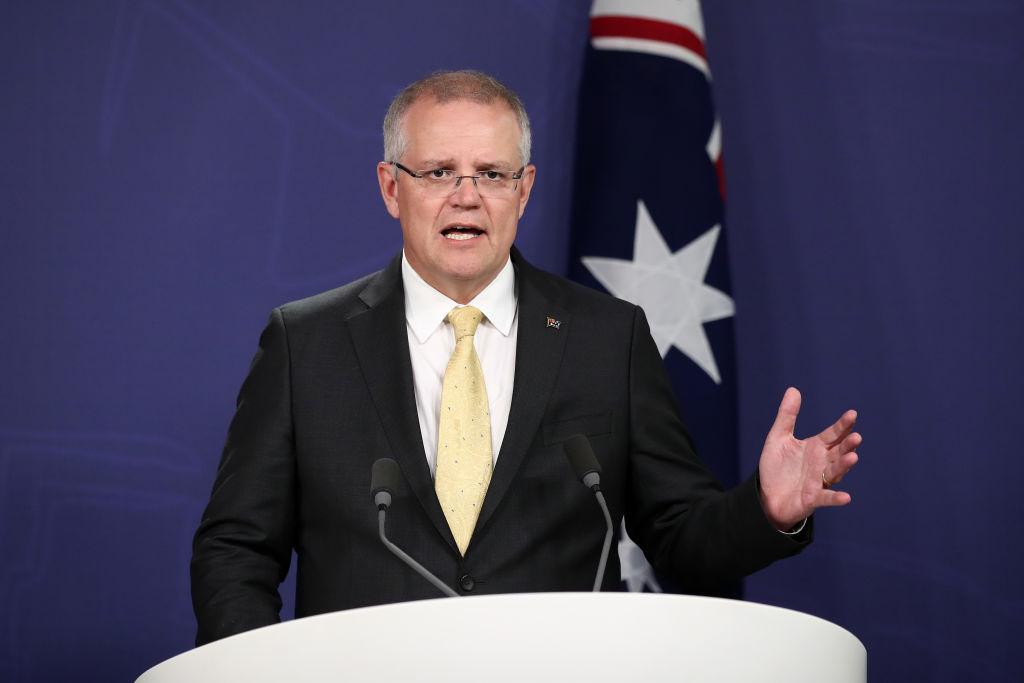Australian Prime Minister Scott Morrison announced Dec. 13 that the government intends to draft new laws, being reviewed in the Religious Discrimination Bill, that would make it illegal to discriminate based on a person’s religious beliefs.
The Morrison government plans to seek feedback on the draft legislation to be presented to Parliament in early 2019. The laws will be part of the Coalition’s promise ahead of the elections due May 2019.




